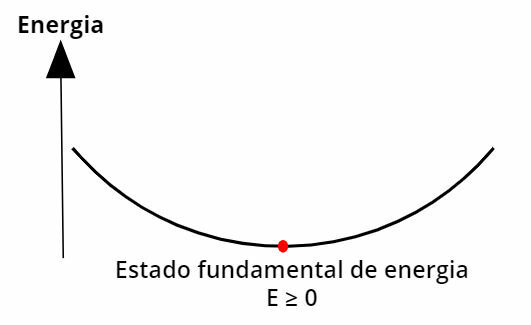Meaning: / Meaning: * "Il verb che si coniuga accompagnato of a particella pronominale without a function of the argument but as an indicator of an internal rifle."/ The verb that conjugates accompanied by a pronominal particle, not as a noun function, but as an indicator of an internal reflexivity.
*Definition taken from the Dizionario Italiano Sabatini – Coletti edits dalla Casa Editrice Giunti.
If you say a verb pronominali tutti that it has no proper meaning when vengono uses insieme ad una or due paticelle pronominali (Andesene, fregarsene, cavalry ecc.). Non si può dimenticare che i verbi riflessivo sono anche pronominali giacchè insieme a loro viene usato il si riflessivo pronoun (lavarsi, pettinarsi ecc.)./ A pronominal verb is all those that have a meaning of their own when they are accompanied by one or two pronominal particles (go away, not caring, succeeding in something, etc.). It should not be forgotten that reflexive verbs are also pronominal, as they are accompanied by the reflexive pronoun se (washing, combing, etc.).
The particelle semplici che vengono uses in the construct of the verbi pronominali sono: -ci, -la, -le, -ne. Ovvimente ci sono anchors verbi pronominali composti con la particella –ci più an altro pronoun: –la o –ne (-cell, -cene). Ci sono anche verbi pronominali composti sulla base di a riflessiva form più a altro pronoun (-sela, -sene, -cisi)./ The simple particles that are used in the construction of the pronominal verbs are: -ci, -la, -le, -ne. Obviously there are also pronominal verbs composed with particle –ci plus another pronoun: -la or –ne (-cell, -cene). There are also compound pronominal verbs with a reflexive base, plus another pronoun (-sela, -sene, -cisi).
Osserva la coniugazione di alcuni verbi al present: / Note the conjugation of some verbs in the present tense:
| persone of discord | FARCELA | CAVARSELA | ANDARSENE |
| Io | ce la faccio | la dig me | snowed me |
| You | ce la fai | you la cavi | don't you |
| lei/lui/law | ce la fa | if la cava | if you don't |
| No I | ce la facciamo | ce la caviamo | We walked |
| go | ce la fate | See the cavate | come andate |
| parrot | ce la fanno | if la cavano | if ne vanno |
Vedi gli esempi: / See the examples:
1) Giulia ce la fa tutti gli esercizi di Matematica. / Giulia always manages to do all the math exercises.
2) Sleep tight, non ce la faccio più! / I'm tired, I can't do anything else!
3) Leave directly if Paolo ce la fa the soil the gli serves una mano? / Can you tell if Paolo can do it himself or if he wants help?
4) When I sleep in vacanza snowed me always al mare./ When I'm on vacation I always go to the beach.
5) Giulia, snowed me, si fa late./ Giulia, I'm leaving, it's getting late.
6) When if you go?/ When does he/she leave?
7) la dig me molto bene when parlo inglese. / I do very well when I speak English.
8) Giulia always if la cava per hair negli esami finali. / Giulia always a close call, passes the final exams.
I verbi pronominali sono anche coniugati in altri tempi, così si nde important che abbi a book of verbi oppure a buona grammatica. Sotto ci sarà un listino di altri verbi pronominali e i loro significati. See!/ Pronominal verbs are also conjugated in other tenses, so it is important that you have a verb book or a good grammar. Below you will have a list of other pronominal verbs and their meanings. Look!
| verbi pronominali | significant |
| Averci | Accessa il testo: "When will you use ho e ce l’ho?" |
| metterci | Accessa il testo: "Come use le espressioni ci vuole e ci metto." |
| volerci | Accessa il testo: "Come use le espressioni ci vuole e ci metto." |
| I entered |
If you use the language colloquiale anche per contradire l’interlocutore, per che lo sa dir, ch che che lo sa di ire, altra che unaltra cosa oppure per che no questo il problem, but altro. *Verb that is rarely seen coniugato ai tempi composti. |
| Cantarsela | Fare tutto a Modo mio senza rendere tale to nessuno. |
| fregarsene | Completely disinterested in the non-imports with qualcosa. |
Isabela Reis de Paula
Brazil School Collaborator
Graduated in Languages with Qualification in Portuguese and Italian
By the Federal University of Rio de Janeiro - UFRJ
Italian - Brazil School
Source: Brazil School - https://brasilescola.uol.com.br/italiano/verbi-pronominali-gli-speciali.htm


